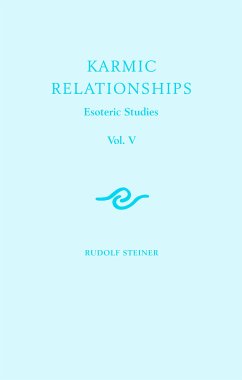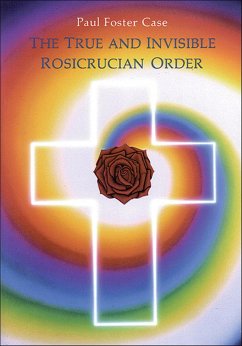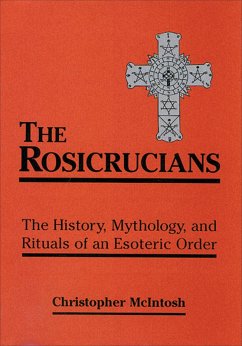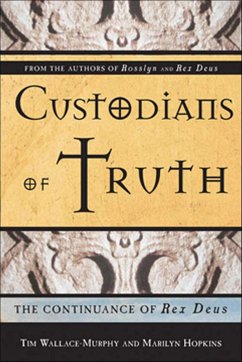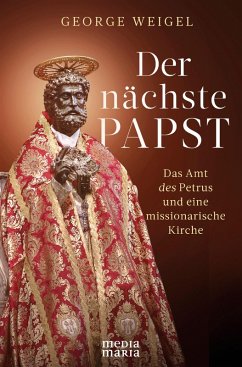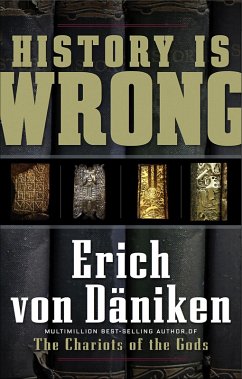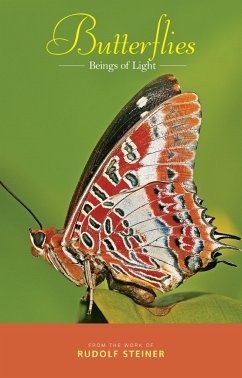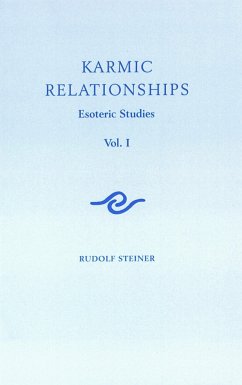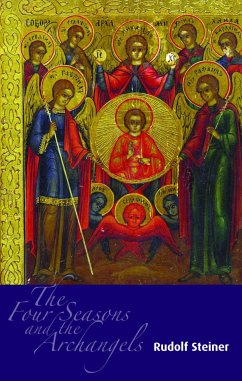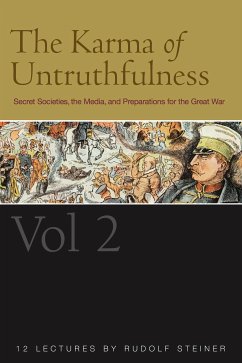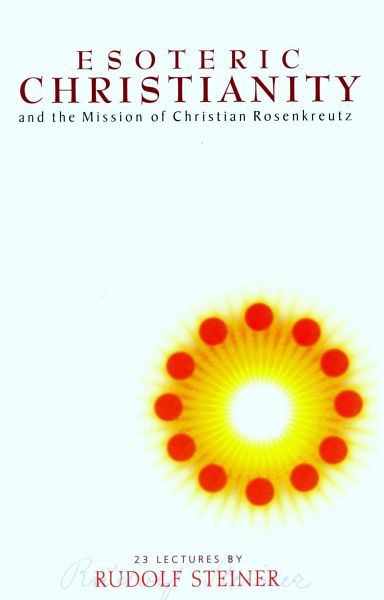
Esoteric Christianity and the Mission of Christian Rosenkreutz (eBook, ePUB)

PAYBACK Punkte
0 °P sammeln!
In addition to the outer manifestation of Christianity as we know it from history, there exists a second, hidden stream of Christian thought and development, sometimes referred to as 'esoteric Christianity' or 'Rosicrucian Christianity'. Displaying an intimate knowledge of his subject, Rudolf Steiner throws light on this once secret, spiritual movement. But rather than relying on historical tradition or teaching, he presents wisdom and insight directly from the original metaphysical sources of esoteric Christianity.In these dynamic lectures, Steiner describes the influence of Christ's power th...
In addition to the outer manifestation of Christianity as we know it from history, there exists a second, hidden stream of Christian thought and development, sometimes referred to as 'esoteric Christianity' or 'Rosicrucian Christianity'. Displaying an intimate knowledge of his subject, Rudolf Steiner throws light on this once secret, spiritual movement. But rather than relying on historical tradition or teaching, he presents wisdom and insight directly from the original metaphysical sources of esoteric Christianity.In these dynamic lectures, Steiner describes the influence of Christ's power throughout history, the workings of karma, the role of the Buddha and the Bodhisattvas, as well as the vital work of Christian Rosenkreutz, Jeshu ben Pandira and other key historical figures.This new edition - indispensable for serious students of esotericism - contains all 23 lectures and addresses of the original German collection. It features previously scattered, classic lectures such as 'The Etherisation of the Blood', 'Faith, Love, Hope' and 'Cosmic Ego and Human Ego'.
Dieser Download kann aus rechtlichen Gründen nur mit Rechnungsadresse in A, B, BG, CY, CZ, D, DK, EW, E, FIN, F, GR, H, IRL, I, LT, L, LR, M, NL, PL, P, R, S, SLO, SK ausgeliefert werden.





